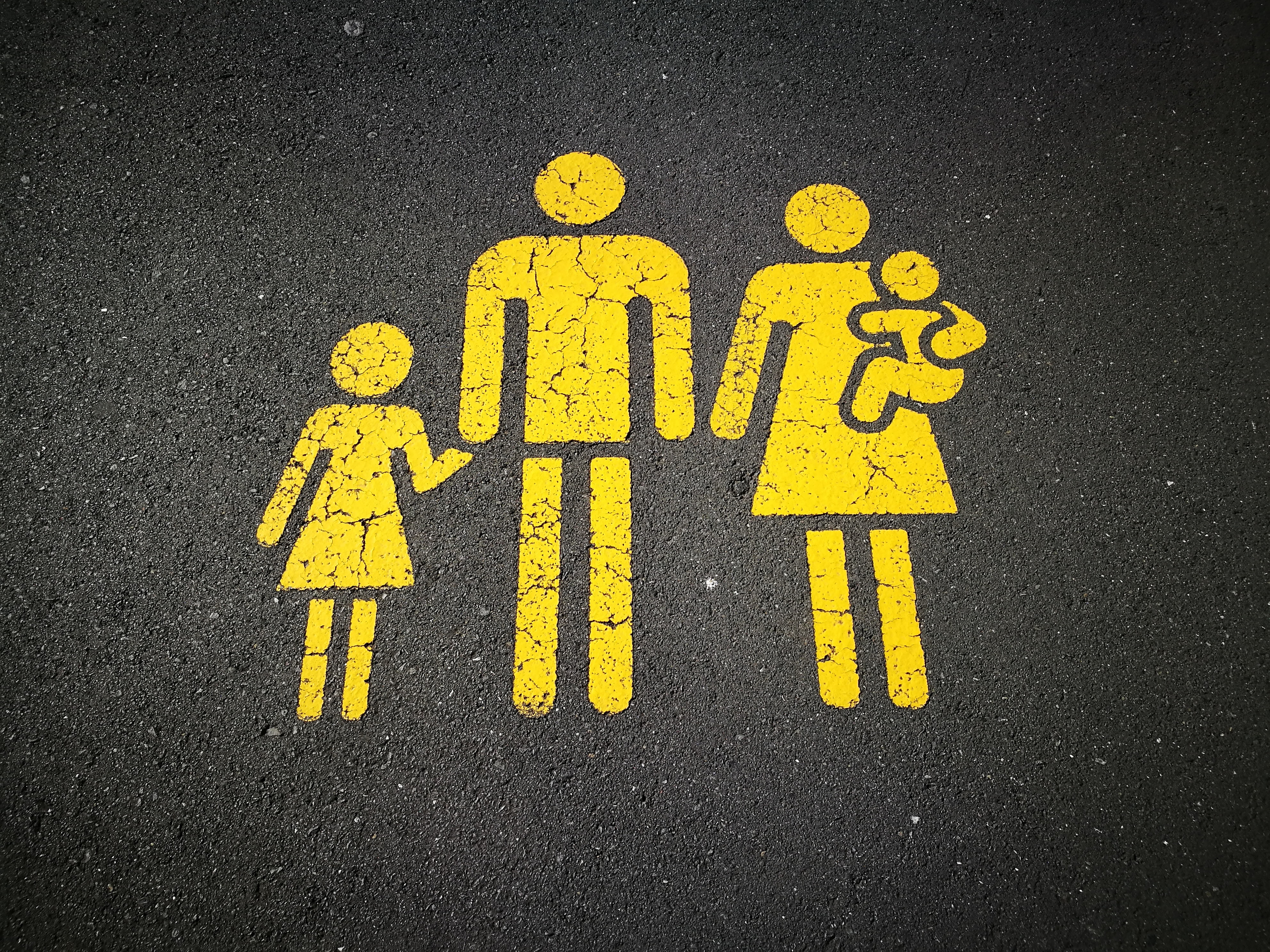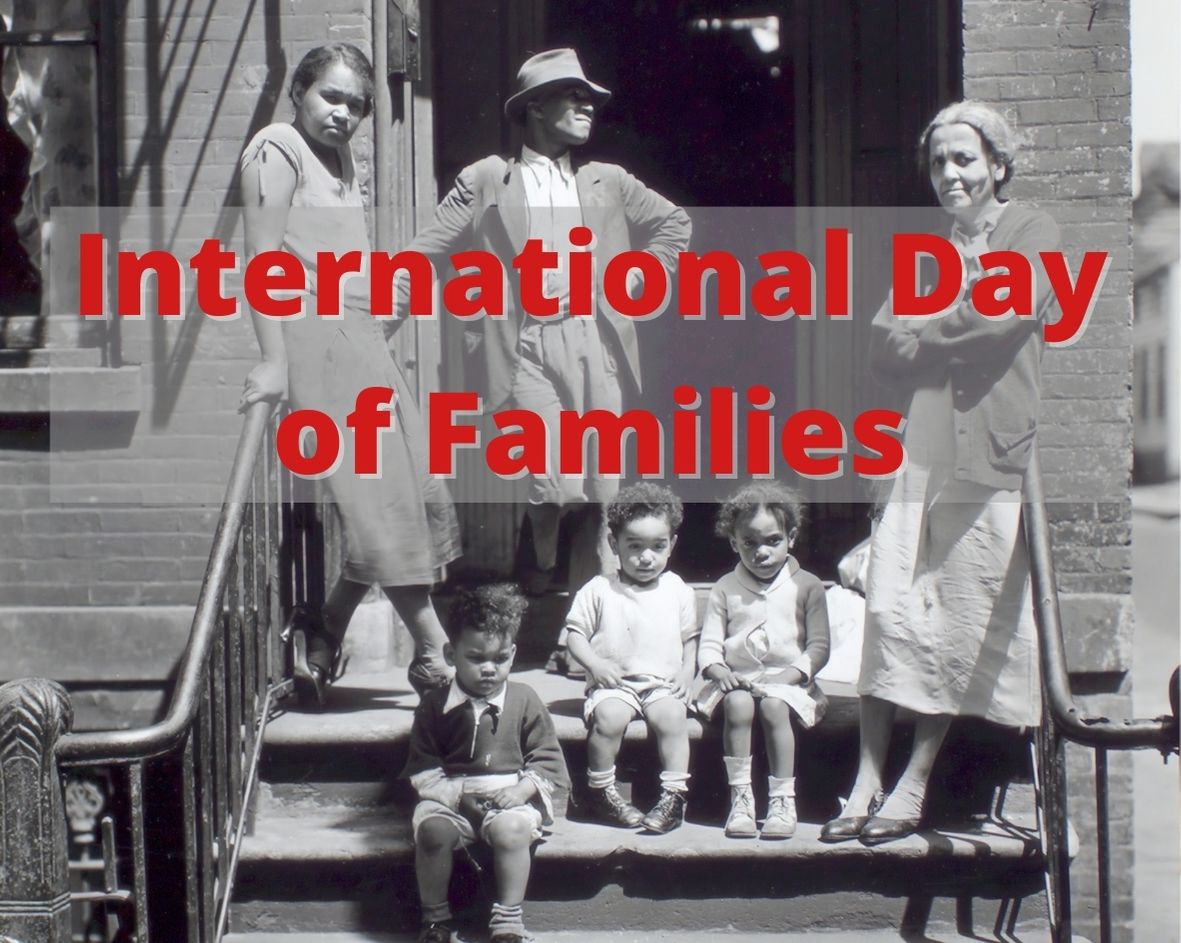__manja4.jpg)
Obitelj, riječ je to koja budi razne osjećaje, bez obzira na to koga se o njoj pita. Iako osjećaji u vezi s obitelji mogu biti i pozitivni i negativni, većinu vremena prevladava ljubav.
Prijevod: Melike Sariguel
„Sretna obitelj je raj prije raja.“ – George Bernard Shaw
Njemački filozof Friedrich Nietzsche jednom je napisao: "U obiteljskom životu ljubav je ulje koje olakšava trenje, cement koji se veže zajedno i glazba koja donosi harmoniju." Dok svijet obilježava Međunarodni dan obitelji, potrebno je ponovno potvrditi važnost ove društvene institucije u našem životu, ne zaboravljajući njene granice.
Od naših prvih dana na Zemlji, članovi naše obitelji obično su ti koji se brinu o nama. Obitelj je širom svijeta prvo i vjerojatno najvažnije okruženje u kojem se socijaliziramo. Obitelj u većini slučajeva definira naš identitet. Od imena do nacionalne pripadnosti, mnogi aspekti života nasljeđuju se od roditelja. Štoviše, tokom djetinjstva roditelji također igraju ulogu odgajatelji, oblikuju percepciju svijeta svoje djece. Vjera, identitet, moralne vrijednosti, razumijevanje dobra i zla, itd... To je samo nekoliko tema među mnogima na koje obitelj ima snažan utjecaj. Uz ovaj obrazovni proces, obitelj obično povezujemo s ljubavlju i podrškom, dvjema neophodnim komponentama sretnog života. Od financijske do emocionalne pomoći u svakom pojedinom koraku života, obitelj igra presudnu ulogu u održavanju uravnoteženosti pojedinca.
Nažalost, nemaju svi priliku biti okruženi brižnom obitelji punom ljubavi. Manji sukobi vjerojatno će se s vremena na vrijeme dogoditi u svakom kućanstvu bez većih posljedica. Međutim, u nekim slučajevima obitelji nisu mjesto ljubavi, već mržnje. Pitanja poput obiteljskog nasilja i dalje su tabu u većini zemalja svijeta. Budući da su jako povezane s privatnošću, žrtve nasilja u svim oblicima često šute. Srećom, većina obitelji pruža potporu umjesto da obeshrabruje djecu.

U romskoj kulturi pojam obitelji presudan je za većinu ljudi. Tradicionalnu strukturu, koja prevladava u mnogim romskim zajednicama, prate snažne obiteljske veze. Muž je obično zadužen za osiguravanje materijalnih sredstava obitelji, dok se supruga mora brinuti o djeci i kućanstvu. Stoga je jednom od njih posebno teško živjeti bez onog drugog. Brojni riječi kojima se definiraju rođaci na romskom jeziku (Romani-čib) još je jedan primjer koji dokazuje kako je koncept obitelji od ključne važnosti za Rome. Za mnoge Rome obitelj je srž života. Zapravo, obitelj se često smatra jedinom legitimnom institucijom koja donosi odluku i rješava probleme za pojedinca. Dakle, obitelj istodobno podrazumijeva veliku ljubav ali i žrtvu svakog člana obitelji jednog za drugog. Ponekad to ide i s mračnim aspektima kao što su potpuno poslušnost starijima ili mogućnost kažnjavanja člana obitelji koji bi svojim ponašanjem ukaljao čast svoje rodbine.
Važnost obitelji povećava se zbog diskriminacije s kojom se Romi često suočavaju. U zemlji u kojoj ostali, uključujući institucije, Rome ne smatraju ravnopravnima, obitelj će vjerojatno biti glavna podrška u rješavanju bilo kakvih izazova.
Usvajajući širi pristup, i sama zajednica Roma može se smatrati vrstom obitelji. Solidarnost između pripadnika naselja ili zajednice nalikuje na solidarnost obitelji.
Na Međunarodni dan obitelji važno je iskazati počast svojim najmilijima: roditeljima, braći i sestrama, djeci, rođacima... Često su oni jedini na koje se čovjek može osloniti u teška vremena.
Međutim, ovaj bi se dan mogao iskoristiti za promicanje ideje o globalnoj obitelji - čovječanstvu. Libanonski pjesnik Kahlil Gibran napisao je, "cijela Zemlja je moja domovina, a obitelj ljudi moj klan." Kao i svaka obitelj, čovječanstvo se mora nositi s unutarnjim sukobima. Kao i svaka obitelj, bit će najbolja samo kad se članovi obitelji brinu jedni za druge.

Family. This word carries many feelings, no matter who is being asked about it. While the emotions regarding the family can be both positive and negative, love is the one prevailing most of the time.
“A happy family is but an earlier heaven.” – George Bernard Shaw
The German philosopher Friedrich Nietzsche once wrote, “in family life, love is the oil that eases friction, the cement that binds closer together, and the music that brings harmony.” As the world celebrates the International Day of Families, it is important to reassert the importance of this social entity in our lives without forgetting its limits.
Since our very first days on Earth, members of our family are usually the ones who take care of us. All around the world, family is the first and probably most important socialization environment. The family defines in most cases your identity. From name to ethnic belonging, many aspects of someone’s life are inherited from his parents. Moreover, during one’s childhood, parents are also playing the role of educators, shaping their children’s perception of the world. Religion, identity, moral values, the understanding of good and bad… Those are only a few topics among many which are influenced heavily by your family. In addition to this education process, family is usually associated with love and support, two necessary components of a happy life. From financial help to emotional one in every single step of life, family plays a crucial role to keep an individual balanced.
Unfortunately, not everyone has the chance to be surrounded by a loving and caring family. Minor conflicts are likely to happen in every household from time to time without major repercussions. However, in some cases, families are not the place of love, but the one of hatred. Issues such as domestic violence remain taboo in most countries of the Globe. Being highly tied with privacy, victims of violence in all forms are too often remaining silent. Fortunately, most families are far more supportive than discouraging.

In Romani culture, the notion of family is even more important than for the rest of the population. The traditional structure which prevails in many Roma communities goes along with strong family ties. Usually, the husband is in charge of providing material resources to the family while the wife has to take care of the children and the household. Thus, it is especially difficult for one to live without the other. The amount of words aimed at defining relatives in Romani chib is another example proving how central the concept of family is for Roma people. For many Roma, family is the core of someone’s life. It is indeed often considered as the only legitimate entity to make a decision and to solve issues regarding an individual. Thus, family implies both great love and sacrifice of any member for each other. Sometimes, it also goes with darker aspects such as the complete obedience to elders or the possibility of punishment towards a family member who would have tarnished the honor of his relatives by his behavior.
The importance of family is increased by the discrimination that Roma often faces. In a country where others, including institutions, usually do not consider Roma as their equals, family is likely to be their main support to deal with any kind of challenges.
Adopting a wider approach, the Roma community itself can be considered as a kind of family. Solidarity between members of a settlement or a community resembles the ones of a family.
On the International Day of Families, it is important to honor our loved ones: parents, brothers and sisters, children… They are often the only ones an individual can rely on while experiencing tremendous challenges.
However, this day could be used to promote the idea of a more global family: Humanity. The Lebanese poet Kahlil Gibran wrote, “the entire Earth is my homeland and the human family is my clan.” Like every family, Humanity has to deal with some internal conflicts. Like every family, it will only give its best once members take care of each other.